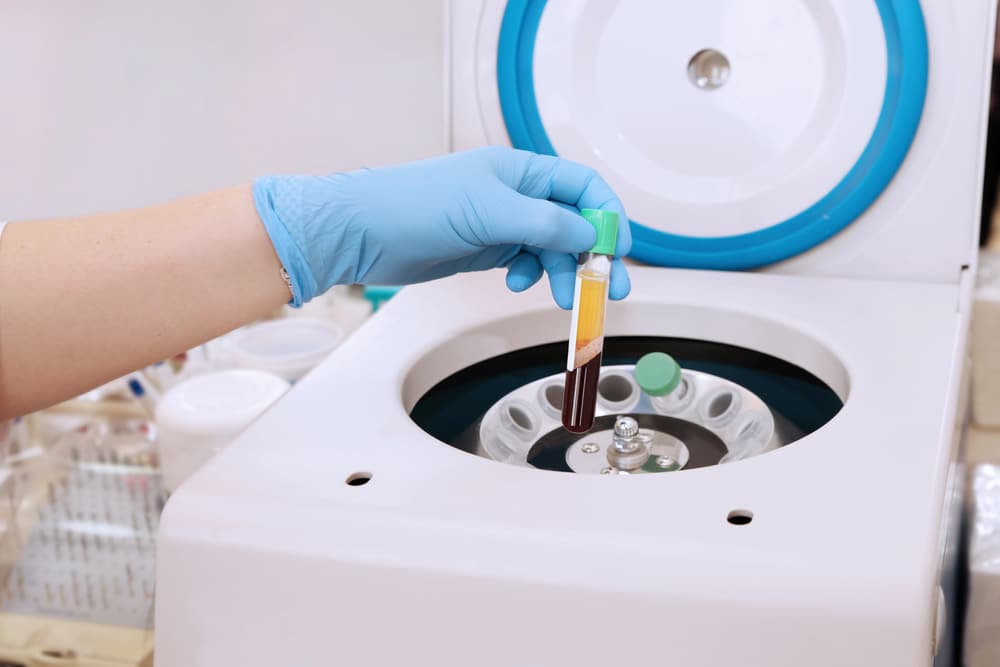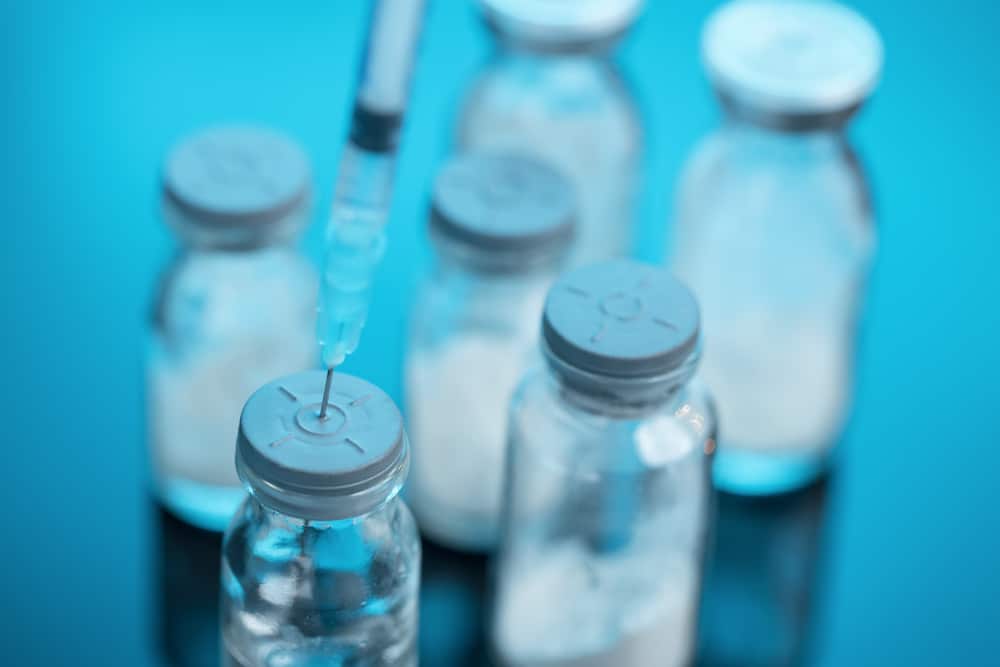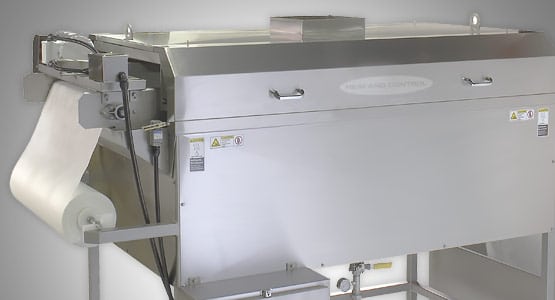There has been an increase in demand for spunmelt nonwoven fabric.
According to Nonwovens Industry:
“The surge in demand for medical fabrics and other personal protective equipment has led to a surge in demand for spunmelt nonwovens globally. Because this surge came at time where the supply versus demand picture was already tight, manufacturers had to scramble to complete already-announced investments to plan new ones.
“Industry estimates put the level of new investment in 2020 at about 210,000 tons with about three-quarters of this capacity centered on Reicofil 5 technology. In 2021, another 166,000 tons of spunmelt technology is expected to be commissioned. (For more information on capacity figures, see page 34.) These investments are expected to gradually ease supply tightness for the next several years.
“’The overall picture of the supply/demand balance in healthcare, hygiene, and most specialty markets is very tight,’ says David Parks, EVP and GM, Asia for Berry Global. ‘In addition, the mid-range forecasts from global, regional, and local customers in these markets indicate that capacity utilization will remain high into the future including announced expansions by Berry and others.’
“Berry is among the many spunmelt nonwovens producers adding new spunmelt capacity at multiple sites in an effort to create a more balanced supply and demand picture for the market.
Avgol
“Avgol is relocating an existing asset from Israel to India as part of an immediate strategic investment in the region. The move is part of the company’s commitment to continue increasing its presence and service across India and South Asia, according to CEO Shachar Rachim.
“’This strategic move positions our line rapidly at the heart of the local market,’ says Rachim. ‘There is a huge domestic demand for hygiene products in India and across the Southeast Asia region but there are heavy tariffs on importing materials. The demand is already at 165% against local supply capacity. Our projections show that through regional organic growth, improved promotion of feminine health, and increased awareness of hygiene because of the coronavirus pandemic, demand is only going to increase.’
“Avgol, an Indorama Ventures Limited company, leads the global hygiene market with a comprehensive range of ultra-lightweight spunmelt nonwoven fabrics. “Serving the baby diaper, adult incontinence and feminine hygiene markets, this move enables us to deliver an improved local service across the entire area,” Rachim adds.
“Rachim said that the investment in new production capacity would also support further product development from Avgol, under its innovative Forward Innovative Thinking strategy (FITTM). The research and development program creates value, flexibility and sustainability for brands and manufacturers from the outset.
“’As a highly innovative and responsive supplier, we are continually investing in R&D to ensure we are developing the best products to meet demand,’ says Rachim. ‘With this relocation, we are ensuring that we can increase nonwoven fabric production to both meet the immediate, obvious local need and also be best-placed to serve the increasing future needs of the Indian market.’
“Relocation of the Avgol line from Barkan, Israel to India is underway now, with installation expected to be completed by end of 2021.
“Avgol entered the market in India in 2018 when it completed its first spunmelt line, which was reported at the time to be a non-Reicofil asset. At the time, the company said the investment was intended to help support existing customers as they entered the Indian market.
“Avgol also has spunmelt operations in North Carolina, Russia and China.
“In July, the company announced it had developed natureFIT, a suite of fabric solutions to reduce material impact for product designers, with a range of additional qualities that can be integrated into the material, including reducing resin use, the source and application of resin alternatives and natural additive technologies.
“’With the Covid-19 pandemic still dominating headlines around the world, and Avgol’s beneFIT Control and beneFIT Defense being designed to respond to the antimicrobial needs, the global environmental effort has been relegated from the top of the agenda for many,’ says Nick Carter, director of market business intelligence and intellectual property at Avgol. ‘But as the whole world adjusts to this new paradigm, we are continuing to develop products that meet the growing, market-led demand for sustainable fabrics in hygiene applications, while driving even greater value through the supply chain.’
“Carter says that one new product from the natureFIT range, natureFIT Gentle, reduces the use of resin in production by as much as 40%.
“’Our advanced technology affords product designers a significant reduction in polymer consumption by harnessing naturally occurring minerals, while simultaneously enhancing softness and conformability,’ says Carter. ‘Importantly for our brand customers, despite significantly reducing the amount of resin we can now use in this type of product, we have maintained all the performance characteristics of our traditional fabrics.’
Berry Global
“Even as it has focused on other technologies like meltblown, spunlace and its proprietary Spinlace wipes substrate technology, Berry Global continues to invest heavily in spunbond nonwovens. Recent announcements from the company include a state-of-the-art Reicofil 5 SMS asset to serve the rapidly growing medical fabrics markets in the region and around the globe. Start-up of the line is targeted for late 2022. Additionally, Berry is investing $8 million in new equipment and enhancements to existing production lines at its Statesville, NC, site, to further optimize its production of in-demand spunmelt for applications including fabrication of medical gowns, face masks, and other personal protection equipment. The additional equipment and expanded capacity are expected to be operational in December 2021.
“’We have seen unprecedented demand in every region around the world fueled by the Covid-19 pandemic in addition to organic growth in healthcare, hygiene and some specialty market segments,’ says Parks. ‘The Covid-19 pandemic multiplied the normal demand for medical fabrics and accelerated use in underpenetrated markets and regions. The amplified healthcare demand caused shifts in asset utilization from hygiene to healthcare which tightened the supply/demand balance for hygiene materials. Face mask and N95 respirator demand alone created significant increases for meltblown and spunbond materials used to make those products, in addition to SMS materials used for other infection control PPE products.’
“In addition to significantly expanding capacity to support growing market needs, these investments, combined with Berry’s market leading know-how and proprietary raw material blends, will expand the company’s portfolio of the highest quality and highest performing materials in the market, which provide consumers with improved visual, tactile and comfort attributes.
“’At Berry, we are constantly pushing the envelope of spunmelt development to deliver the tactile, aesthetic and barrier performance needs of our customers and the end-user products they produce. Berry works collaboratively with key customers to align on and deliver product improvements, and also works independently to bring to market “new to the world” innovations,’ says Robert Weilminster, EVP & GM – U.S. and Canada, Hygiene.
Fibertex Personal Care
“Fibertex Personal Care is investing approximately $40 million to add new lines at its sites in Malaysia and the U.S. The Malaysian site will be expanded with the addition of a specialty nonwovens line while a printing line will be added to the U.S. site in Asheboro, NC. Both lines are expected to begin operations in the second half of 2021.
“’Both of our business areas – nonwovens and print on nonwovens – are experiencing an increase in demand for specialty products and services,’ says Mikael Staaal Axelsen, CEO. ‘We have a strong position in these markets due to our portfolio. Combined with a steady growth in the Asian market, rising demand for print in the American market, and a changed market dynamic caused by Covid-19 makes the timing of the expansions just right.’
“Fibertex Personal Care currently operates five lines at two sites in Malaysia, which make about 90,000 tons of spunmelt nonwovens capacity. Its most recent line came onstream in mid-2017. Increased wealth and growth in the Asian middle class segment is leading to growth in the hygiene market of approximately 10%.
“According to Martin Holten, commercial director, Malaysia, the new line is based on the latest technology and includes the most recent advances in energy efficiency, which will help the company to achieve its corporate sustainability goals.
“In other news, Fibertex Personal Care is making spunmelt nonwovens using Sabic’s circular polypropylene, using feedstock derived from previously used plastics, certified under the ISCC PLUS (International Sustainability & Carbon Certification) system. The material is part of the Sabic Purecares portfolio of polypropylene for personal hygiene applications that was introduced at the beginning of this year. The certified circular polypropylene material produced by Sabic is created from post-consumer mixed plastics that have been broken down into their molecular building blocks and then re-polymerized to create virgin plastics. The new material can be used as a drop-in solution while meeting the brand owner’s requirements for purity and consumer safety for the hygiene industry applications.
“Fibertex Personal Care is providing certified circular nonwovens to its customers with its Comfort, Elite, Dual and Loft product range. These certified nonwovens can be adopted in downstream processes, without compromising convertibility, product properties or performance of the final product.
“’This is an important step forward in supporting our sustainable strategy and important step in development and expansion of a supply chain for bio-based and circular polymers. Sabic’s Trucircle initiative makes this possible,’ Axelsen says. ‘We are proud to cooperate with Sabic in developing the first circular nonwovens for the hygiene market.’
Fitesa
“Brazil’s largest nonwovens producer is adding two large-scale Reicofil spunmelt lines as part of an ambitious global expansion plan, announced late last year. At its site in Simpsonville, SC, Fitesa is in the process of adding a state-of-the-art Reicofil 5 spunmelt nonwovens line with start up scheduled for the second half of next year. Executives are describing the new machine as one-of-a-kind due to its unique versatility in producing differentiated materials for a wide range of applications and markets. One key feature is the capacity to convert bio and circular polymers into high quality and high productivity spunbond nonwovens.
“’Fitesa is once again ‘walking the talk’ by heavily investing to support our customers’ growth with additional capacity and innovative technological capabilities,’ says Ricardo Fasolo, vice president for the U.S. and Canada. ‘This machine will be able to produce some of the world’s most advanced nonwovens at commercial scale—with a keen focus on sustainability and circularity.’
“The Simpsonville facility hasn’t been a stranger to expansion. Since 2011, more than 80,000 metric tons of capacity have been installed with 138 jobs created. Most recently, Fitesa started a meltblown line there to supply nonwovens for the production of face masks and respirators. Elsewhere in the world, Fitesa is adding spunbond capacity in Brazil as well as meltblown lines in Brazil, Germany and Italy as part of a 55,000-ton global expansion plan announced in November.
“Fitesa recently completed construction on a multibeam Reicofil line in Cosmoplis, Brazil. This new line is being described as one of the most advanced spunmelt nonwovens lines in the region.
In addition to these new line investments, Fitesa is increasing production volumes, modernizing assets and enhancing the flexibility of the current asset base. These efforts will add another 20,000 metric tons of spunmelt capacity in the second and third quarters of 2021. The capacity, which will be split evenly between the U.S. and Europe, will serve the healthcare and hygiene markets.
“‘2020 has been a challenging year for all of us. I am pleased with our ability to respond fast in approving new investments that continue to expand our presence in the hygiene and healthcare markets, while also moving forward with important existing projects,’ says Silverio Baranzano, Fitesa’s CEO.
“In 2020, Fitesa added a second spunmelt line to its CNC International operation in Thailand. Fitesa acquired a share in this operation in 2019.
PFNonwovens
“PFNonwovens has announced a multi-phase expansion to its facility in Hazleton, PA. Six months after saying it would add a Reicofil 5 line at the facility, the company announced in December 2020 it would add a second new line there. These investments will grow its manufacturing capacity and help the company expand in the medical and hygiene markets.
“According to CEO Cedric Bailey, the addition of these two lines will go a long way in making the Hazleton site PFNonwovens’ North American center of excellence.
“’It is our mission to be strong in the North American market and to provide our customers with the latest technologies,’ he says.
“The initial investment, which will allow the company to make revolutionary, cottony-soft hygiene products for the North American market, is scheduled to be complete in mid-2021.
‘We are the first to invest in the latest R5 machinery in the U.S. This commitment, in combination with our unique proprietary technology, allows us to produce consumer-preferred ultra-high loft, soft and textured nonwoven fabrics. This solidifies PFN’s position as a global leader in the production of innovative spunmelt nonwoven fabrics,’ says Shane Vincent, chief commercial officer and global head of business development.
“PFN’s chief technology and product development officer, Tonny de Beer, highlighted that ‘PFN has always been a pioneer of the latest technology. These investments allow us to continue our leadership in the commercialization of innovative hygiene and medical nonwovens, and pave new ways to improve sustainability and reduce environmental impact.’
“Phase two of the expansion, which will involve a second new production line, is scheduled to be complete in 2022. The company has not yet revealed details on this new line. It will be the eighth nonwoven line located in PFNonwovens’ Hazleton, PA, site, which it acquired from First Quality Nonwovens in 2018.
“In the Czech Republic, PFNonwovens is completing work on a semi-commercial line in Znojmo. The new line, based on Reicofil 5 technology, allows the company to supply products which cannot be produced currently with conventional methods. It uses bicomponent technologies, offers a wide range of fiber types and profiles and enables the use of a variety of raw materials. Another significant element of this technology is the nonwoven textile bonding system, which is an alternative to the presently used conventional systems. The line is considered a fundamental building block to PFN’s newly built global innovation center expected to help the company achieve significant success in research, testing and commercialization of new products.
“Meanwhile, PFNonwovens has streamlined its operation through the divestment of its Wuxi, China, operation to Jofo Nonwovens. The site, which was also a part of First Quality, contains one spunmelt line. Jofo has already announced plans to expand the site with an additional line.
Spunweb
“Spunweb is in the process of adding two new polypropylene spunbond lines—an SSS and SS. These investments will bring the company’s capacity to 35,000 MT/year by Q3 of 2021. These new lines will meet the ever growing demands of its existing customers and also aims add new customers in the medical, packaging and hygiene segments. The company expects the new lines to be complete by the end of August 2021, on schedule.
“Spunweb currently operates three polypropylene spunbond nonwovens lines which produce 11,000 metric tons per year put together. It started its first production line in 2016 with the vision to meet the needs of the hygiene and medical sectors with high quality nonwoven fabrics at affordable prices and shorter delivery schedules.
“’For us it is a matter of pride that production capacity grew more than double to 11,000 metric tons from just 4500 metric tons within a short span of five years,’ says Dineshbhai Kagathara, managing director. ‘Our manufacturing site spreads over 50,000 square yards. In order to ensure we meet the quality standards, Spunweb has equipped its in-house quality control lab with state-of-the-art testing instruments imported from Germany. Our plant layout follows ‘Quality-by-design’ from conceptualization state. Maintaining environmental condition to meet the standards for hygiene sector is at core of this.
“According to Kagathara, demand for nonwovens, or technical textiles in general, is strong in its local Indian market. Specifically, demand for spunbond fabric particularly has been traditionally strong. This was bolstered by Covid-19, which has opened new horizons for spunbond and meltblown fabrics.
“’India had a good market earlier also, but after the pandemic foreign buyers started looking beyond China. India was an obvious choice,’ he says. ‘Many of the old players from the industry are expanding their production capacity and the new faces are also emerging. According to us, the future market for the spunbond nonwoven looks bright and has immense potential. Major sectors for the spunbond fabric post the pandemic are medical, packaging and hygiene. We believe that nonwoven industry at the moment is in an early stage in India.’
“The emergence of multinational nonwovens producers like Avgol and Toray further illustrates the potential for the Indian nonwovens industry. These companies not only raise the standards with advanced technology and equipment, their marketing efforts also increase awareness of different applications.
“’If a large manufacturer like Avgol or Toray invests a huge amount in technology it invariably means higher raw material price for hygiene sector,’ he says. ‘Medium-scale diaper and sanitary manufacturers will always look for alternatives that desired quality at affordable price. This provides Spunweb with an opportunity to meet and add clients. By this, we will be able to compete with such larger companies along with helping the Indian Government in such initiatives.’
Toray
“Toray added a new facility, capable of making 20,000 tons of spunbond nonwovens per year in Foshan, China, in April. This investment brought the company’s total Chinese capacity to 93,000 tons at two facilities. One of the largest makers of nonwovens in Asia, Toray also makes 61,000 tons of the material in Korea and 37,000 tons per year in Indonesia and is planning to start production of an 18,000-ton-per-year line in India. This investment will bring the group’s total production capacity to 209,000 tons per year.
“’We have been working on expansion of our production capability in Asia and India to respond the robust demand of PP spunbond,’ says company spokesman Masahi Fujii. ‘We’ll maintain No. 1 supply network in these areas by continuous enhancement of the material development.’
“The largest manufacturer of polypropylene-based spunbond nonwovens in Asia, Toray has facilities in China, Indonesia, Korea and India. However, production on its first Indian investment, a 18,000-ton-per-year spunbond line, has been delayed due to the Covid-19 epidemic.
“’The hygiene materials business is expected to expand along with the increasing demand for disposable diapers. We will make sure to capture the demand in India, where the disposable diapers will be consumed, and accelerate the global business expansion of polypropylen spunbond with a powerful production platform and high cost competitiveness,’ Fujii says.”

